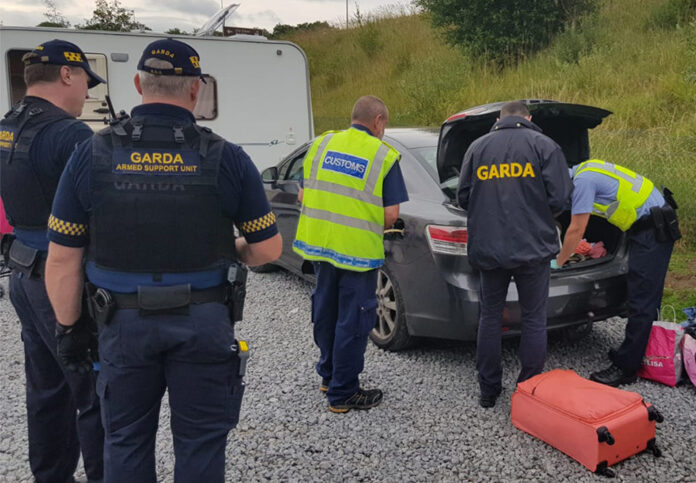
WITH latest figures showing that Garda drug units in Limerick have fewer than 20 members, the Government has been accused of failing local communities by under-resourcing those charged with responsibility for clamping down on drug dealers.
The accusation was made by Sinn Féin TD Maurice Quinlivan who said that drug dealing and addiction devastates far too many lives in Limerick with an increased prevalence of heroin and crack cocaine across the city.
“Much more needs to be done to clamp down on dealers who terrorise local communities and the lives of ordinary people living here,” he added.
“New figures show that for all the government’s lip service to tackling drug dealing, they have failed to properly resource Garda drugs units so that there are sufficient staff to tackle this scourge.
“While in Limerick we have seen some success from targeted operations such as Operation Cópog, more needs to be done across the city to counter the prevalence of the most highly addictive narcotics.
“Gardaí in Limerick do a good job combatting drug dealing but they do so with more limited support than they should have. While there have been a large number of high-profile seizures and arrests over the last twelve months, they seem not to have stemmed the availability of crack cocaine and heroin in Limerick.”
“Staffing levels in drugs units are still close to austerity-era lows, despite government claims to take this issue seriously. Staff in these units are trying their best to protect communities but they feel abandoned and let down by this government’s failure to invest.”
“The Drug and Alcohol Forum in Limerick has had its funding cut each year from 2008 to 2014. These cuts have not been reversed. Despite the escalation in the drug crisis, funding for many groups has effectively been frozen since 2014.
“This lack of proper funding has severely affected the delivery of services for communities, and we need to restore that funding to 2008 levels as soon as possible a failure to do so would be a mistake.
“ This is far too important an issue for the government to be penny-pinching and spinning that their level of investment is far more than it is. Ordinary, decent communities are being left to suffer as a result of the government’s mishandling of this issue. This cannot continue,” Deputy Quinlivan concluded.


